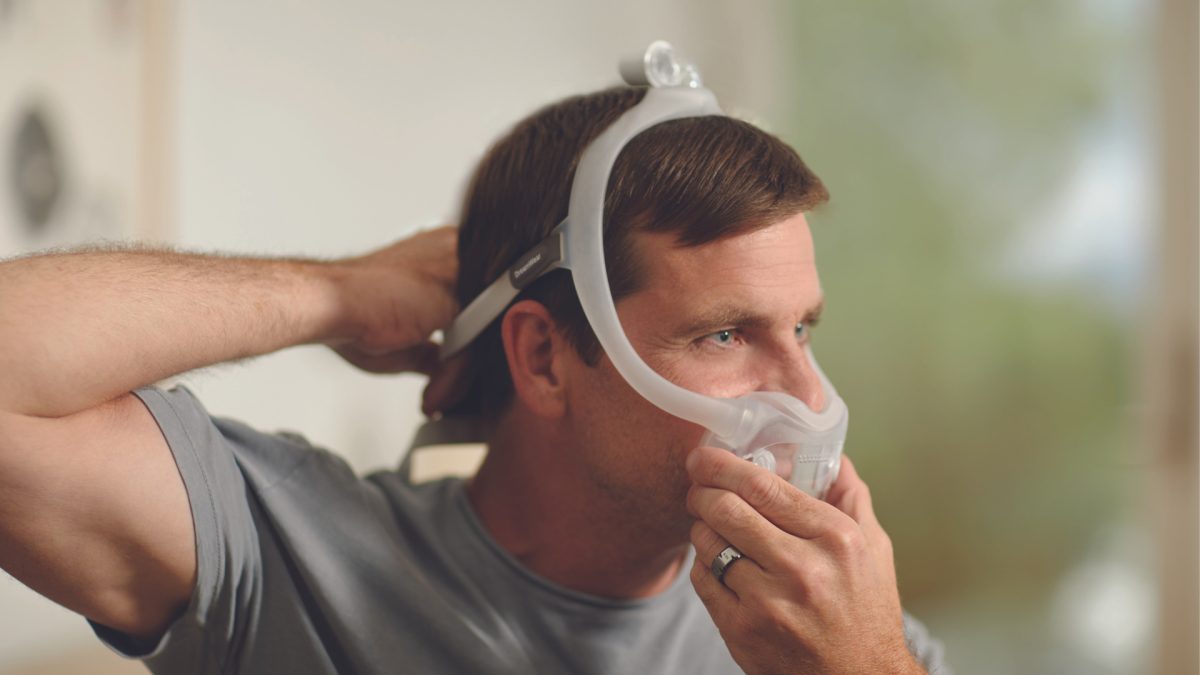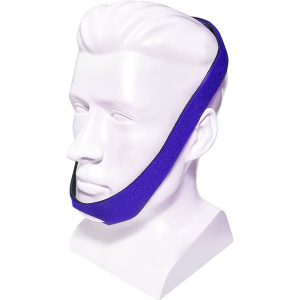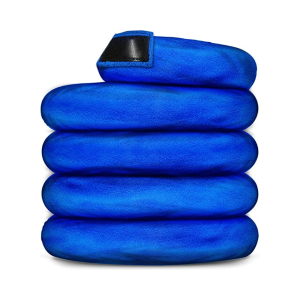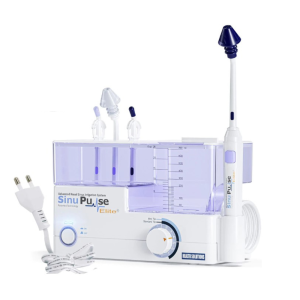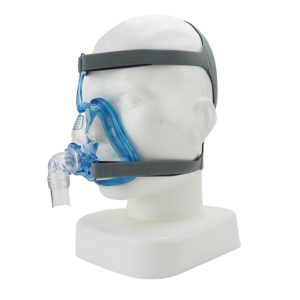Fact Checked
Intus Healthcare’s writers, customer service team, and sleep experts review and ensure this information is accurate.
Last updated on March 13th, 2024 at 02:53 pm
Table of Contents
Is it normal to have a dry mouth using CPAP?
Are you waking up in the morning with a dry mouth, throat or nose? If so, then this is a common side effect of CPAP therapy (Continuous Positive Airway Pressure).
It can be a challenge using your CPAP device when you find it uncomfortable and suffer from a dry mouth and throat. In this article, we look at what causes dryness while using a CPAP machine and simple ways to stop it.
Why does my CPAP dry out my throat?
Here are several reasons why you may experience a dry mouth at night.
- Mouth Breathing – If you use a nasal mask but periodically breathe through your mouth, your mouth can become dry.
- Mask Air Leaks – Another reason you could suffer from a dry mouth is that your mask does not fit correctly. If your mask is too big or too small, mask leaks occur. The air leaking out can dry out your mouth or nasal passages. If you use a CPAP humidifier and suffer from dryness, this could be because your mask is leaking, the air pressure is incorrect, or the humidity level is insufficient. When your mask seal is not secure, dry air from the room can leak into your mask while the warm air escapes.
- Decreased Saliva Flow – Saliva production can be reduced by the pressure from your machine; this can cause a dry mouth, throat and nose.
There are other reasons you may suffer from a dry mouth that does not relate to CPAP therapy. It is helpful to rule these out before making any changes to your therapy:
- Medications – Different medications can commonly cause dry mouth, such as antidepressants, sedatives, and decongestants. If you use any medications, please check if a dry mouth is list as a side effect.
- Dehydration – Dehydration is when there is insufficient fluid in the body. Advancing age can cause dehydration, as our sense of thirst can decrease as we get older. Bad breathe is a sign that you may need to drink more water.
How do you get rid of dry mouth from CPAP?
Fortunately, there are ways to stop dryness caused by your CPAP machine. Over 40% of CPAP users struggle with a dry mouth(1); here’s how to relieve the problem:
CPAP Humidifiers
If you find yourself waking up with a dry mouth, nose, or throat, then a CPAP humidifier should instantly solve that problem. A humidifier adds warmth and moisture to the air provided by your CPAP machine, which will moisturise your mouth, nose, and throat throughout the night. Similarly, if you find the air from your CPAP to be cold and uncomfortable, a CPAP humidifier will make your therapy more comfortable.
7 Ways to Reduce Dry Mouth when Using CPAP Therapy
1. Add a heated Humidifier
The cold and dry air from your machine can cause a dry mouth, chapped lips and dry nasal passages. When you breathe without a CPAP machine, your nose works as a natural humidifier, using your body temperature to warm up the air inhaled. The air your device delivers reaches your upper airways before your nose has time to warm it naturally, causing dry nasal passages and airways.
If you already use a humidifier, increasing your humidity levels in the settings can help to prevent significant dryness further.
2. Find the most suitable CPAP mask
A poorly fitting CPAP mask can contribute to dry mouth. If you are struggling to get a good seal from your mask or you are experiencing mask leaks, you could try a different size or a different type of CPAP mask.
Most CPAP machines will give you mask leak alerts to help you troubleshoot this issue. Check your device data for any information on mask leaks. For example, ResMed’s AirSense 10 offers the myAir app to help you track and manage your sleep data.
If you breathe through your mouth at night or sleep with your mouth open, switching from a nasal mask to a full-face mask could significantly improve your comfort and leak rate.
It is helpful to remember that you will need to replace your CPAP mask every 6-12 months. The condition of your mask parts can cause mask leaks. Replace mask and mask parts if they show any signs of wear or tear or if you feel the mask is not working as efficiently as when you first purchased it.
Here at Intus Healthcare, we have a 90-day warranty on all our CPAP masks.
3. Stay hydrated
Although dehydration may not be the cause of your dry mouth, it can make it worse. Aim to drink eight 8-ounce glasses of water daily. Re-hydrating will not only benefit your CPAP therapy, staying hydrated helps prevent colds, congestion and a sore throat.
4. Use a CPAP chin strap
A nasal mask should only be used when you breathe through your nose at night. However, if your mouth drops open, a chin strap will help to prevent it. A chin strap holds your mouth closed to stop air from escaping, reducing a dry mouth, nose and throat.
5. Relieve nasal congestion
If you suffer from congestion, this can also cause dry mouth. Using a nasal irrigator can clear your nasal passages and sinuses to help you avoid breathing through your mouth.
The SinuPulse Elite Nasal Irrigator is a fast and effective way to cure nasal and sinus congestion. The simple device cleanses sinuses to prevent colds, congestion, blocked noses and sinusitis with a clinically proven saline solution.
For more tips on relieving congestion, take a look at our sinus and nasal care products or our nasal irrigation advice.
6. Use CPAP heated tubing
If you already use a humidifier with your CPAP device, adding heated tubing will further benefit your CPAP therapy. Heated tubing prevents ‘rainout’ from occurring in your mask. This is when the warm air made by your humidifier cools and causes condensation buildup.
Using heated tubing ensures you are supplied with the full benefit of humidified air as it prevents the cool-down process from the CPAP machine, through the tube and into the mask.
Alternatively, you could use a hose fleece, which is placed over your existing tube to warm your therapy.
7. Stay Hydrated
Sipping water throughout the day keeps you hydrated and helps to prevent dryness. Avoiding stimulants such as caffeine, nicotine and alcohol before bed will also help to reduce a dry mouth.
Need more tips?
If you need further advice, please get in touch with us to speak to one of our friendly team.
Helpful articles:
Should I use my humidifier in the summer?
Should you use distilled water in your CPAP humidifier?
How to be comfortable with your CPAP mask
REFERENCES
- EasyBreath (2013) Do I need a CPAP humidifier?, Easy Breathe Blog. Available at: https://blog.easybreathe.com/heated-humidification-can-offer-cozy-nights-sleep-right/.Accessed: 23.08.23.

